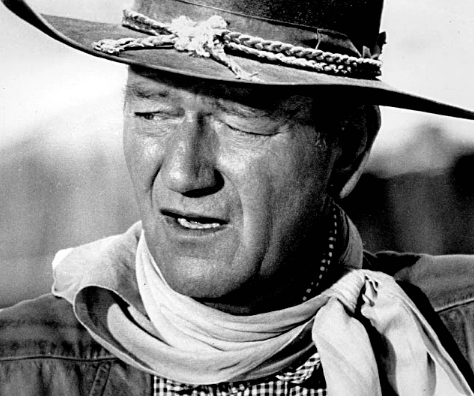Kristin Kobes Du Mez’s Jesus and John Wayne: How White Evangelicals Corrupted a Faith and Fractured a Nation is a must-read for anyone interested in understanding the intersection of religion, politics, gender, and culture in the United States. More than just a history book, it’s a powerful exploration of how evangelical Christianity in America has been shaped not only by theology but by cultural ideals—particularly those related to masculinity, power, and nationalism. If you want to understand the roots of contemporary evangelical support for political figures like Donald Trump, or why certain ideas about manhood and authority have become so central to Christian communities, Jesus and John Wayne offers eye-opening answers. This book is essential reading because it is deeply informative, culturally relevant, and morally challenging in ways that invite reflection and conversation.
It Explains Modern Evangelicalism in Historical Context
One of the strongest reasons to read this book is that it places today’s evangelical beliefs and behaviors into a broader historical context. Many people are confused by how a movement that claims to follow Jesus—a figure of humility, peace, and self-sacrifice—can be so closely associated with militarism, patriarchy, and right-wing politics. Du Mez shows how this didn’t happen overnight. She traces the evolution of evangelical thought from World War II to the present day, focusing on how leaders and influencers promoted a rugged, aggressive version of Christian manhood that came to define the faith for millions.
This historical grounding helps readers move beyond surface-level judgments or assumptions. Whether you’re an evangelical yourself, a former churchgoer, or simply an interested observer, understanding where these cultural dynamics come from is key to interpreting today’s religious and political climate.
It Challenges Assumptions About Faith and Masculinity
Jesus and John Wayne reveals how evangelical ideals of masculinity were often more influenced by Hollywood action heroes and Cold War politics than by the teachings of Jesus. By elevating figures like John Wayne—a symbol of violent, heroic individualism—many evangelical leaders redefined what it meant to be a Christian man. Courage, toughness, and dominance became central virtues, overshadowing compassion, humility, and service.
This is an important message for readers in both religious and secular communities. It invites us to question the values we associate with leadership, strength, and morality. For Christians in particular, it raises the uncomfortable but necessary question: Are we following Jesus, or are we following a cultural caricature of what we think a man should be?
It Connects Religion to Real-World Impact
Another reason to read Jesus and John Wayne is that it shows how ideas—especially religious ones—can have real and lasting consequences. Du Mez makes it clear that the evangelical embrace of militant masculinity has not been merely a private matter of theology; it has shaped public life in America. From attitudes about gender roles and sexual abuse to support for military interventions and political candidates, the cultural values promoted in evangelical churches have rippled outward, affecting national policy, family life, and societal norms.
Understanding this connection between belief and behavior is crucial, especially in an era where religion still plays a powerful role in shaping laws, elections, and social attitudes. Du Mez helps readers see how cultural Christianity has often drifted far from the Gospel, and why that matters not just for churches, but for the country as a whole.
It Sparks Important Conversations
Perhaps most importantly, Jesus and John Wayne starts conversations that many communities have avoided for too long. Topics like gender, race, power, and abuse are often difficult to address in religious spaces, but Du Mez approaches them with honesty, compassion, and courage. The book has sparked nationwide discussions in churches, classrooms, and book clubs. It gives language to things many people have felt but couldn’t articulate, especially those who have experienced harm or confusion within evangelical systems.
Reading this book is not just an intellectual exercise; it’s an opportunity for reflection, dialogue, and growth. Whether you agree with every conclusion or not, you will come away better informed and more equipped to engage thoughtfully with the pressing moral and cultural issues of our time.
You should read Jesus and John Wayne because it offers a bold, insightful, and necessary look at the forces that have shaped American evangelicalism—and, by extension, American society. With clear writing, careful research, and a heart for truth and justice, Kristin Kobes Du Mez challenges us to consider how cultural values have distorted faith, and how reclaiming a more Christ-like vision of leadership might lead to healing and transformation. In a time of division and confusion, this book is a powerful tool for understanding the past and imagining a better future.
